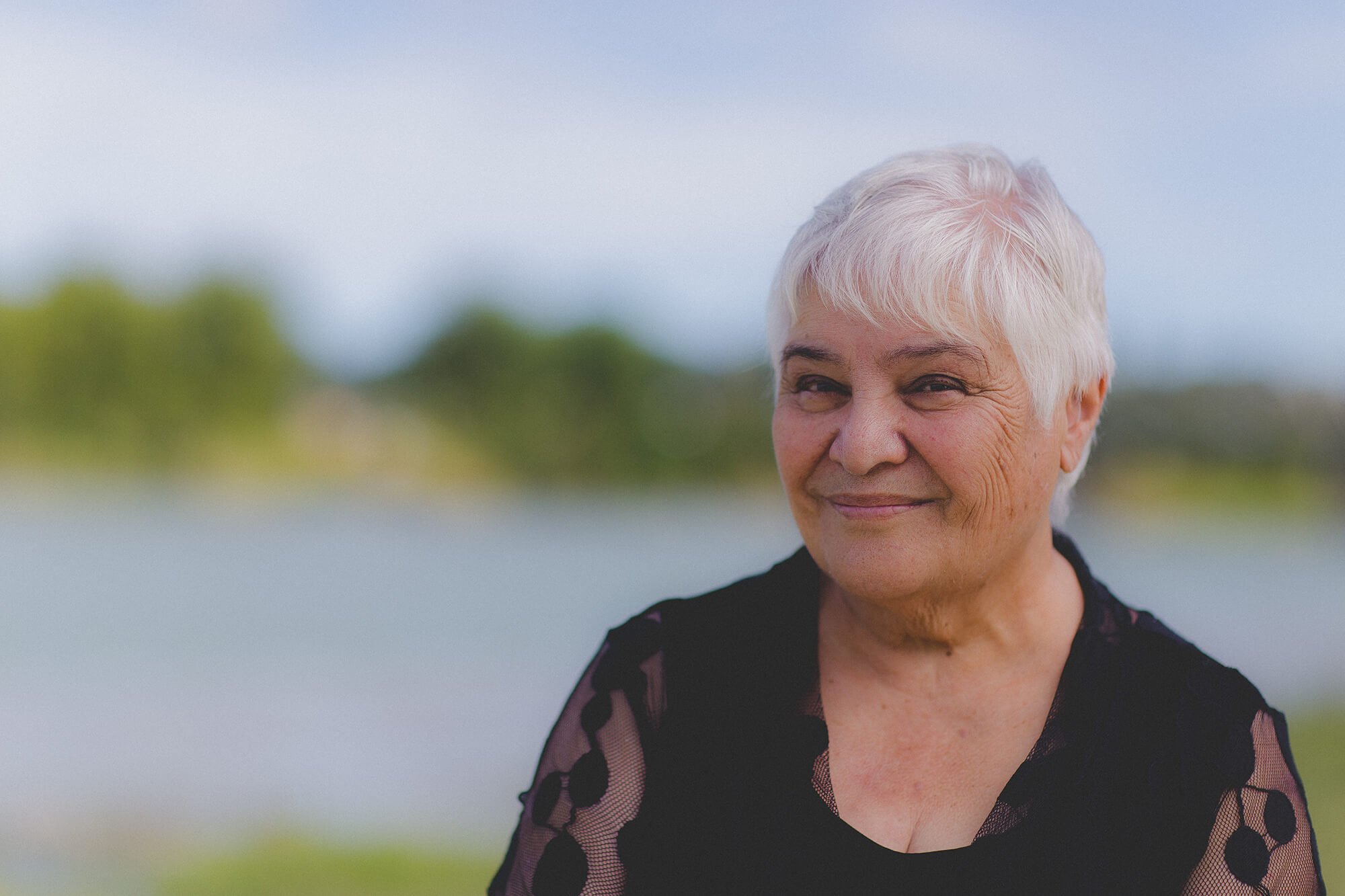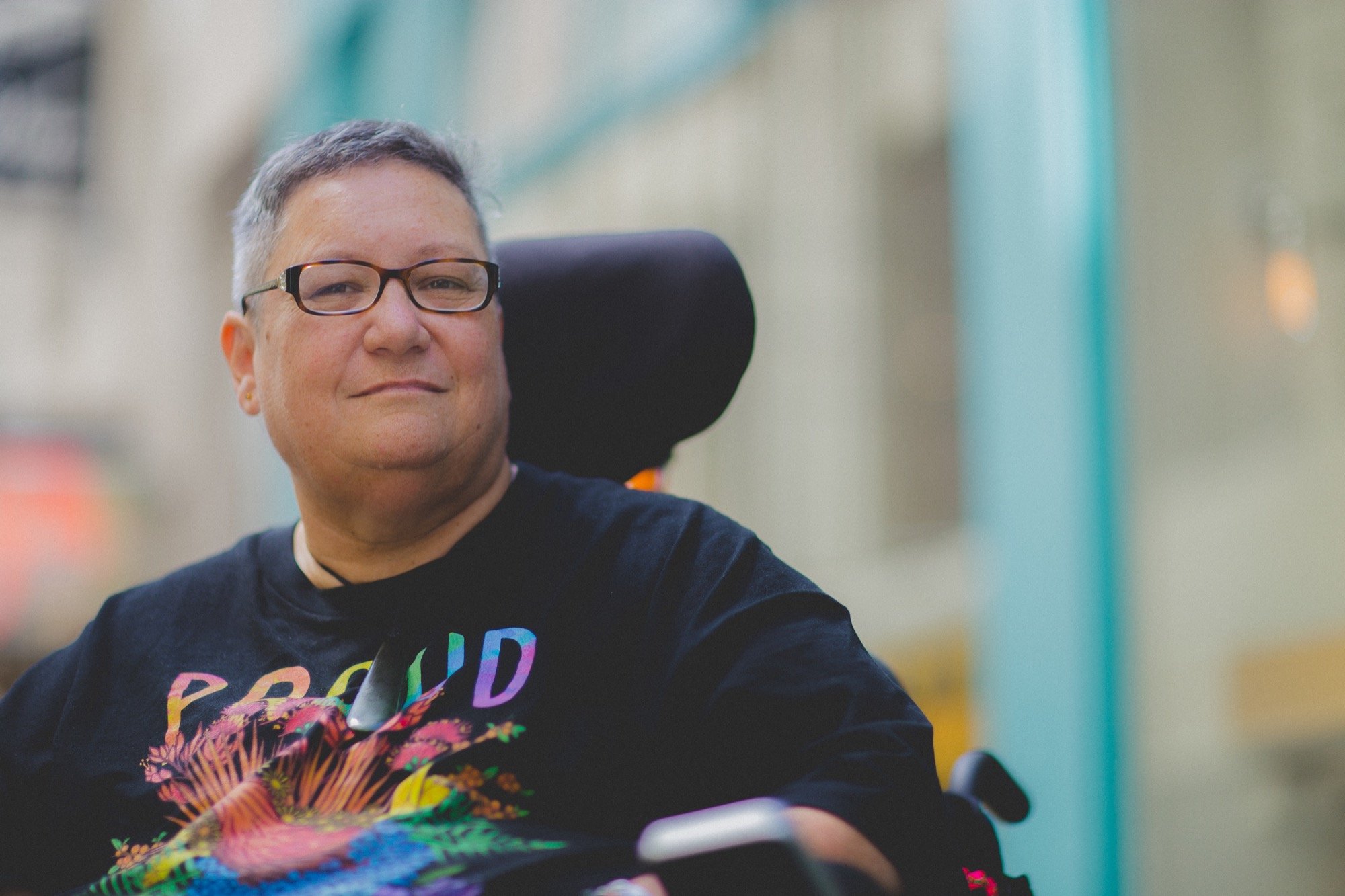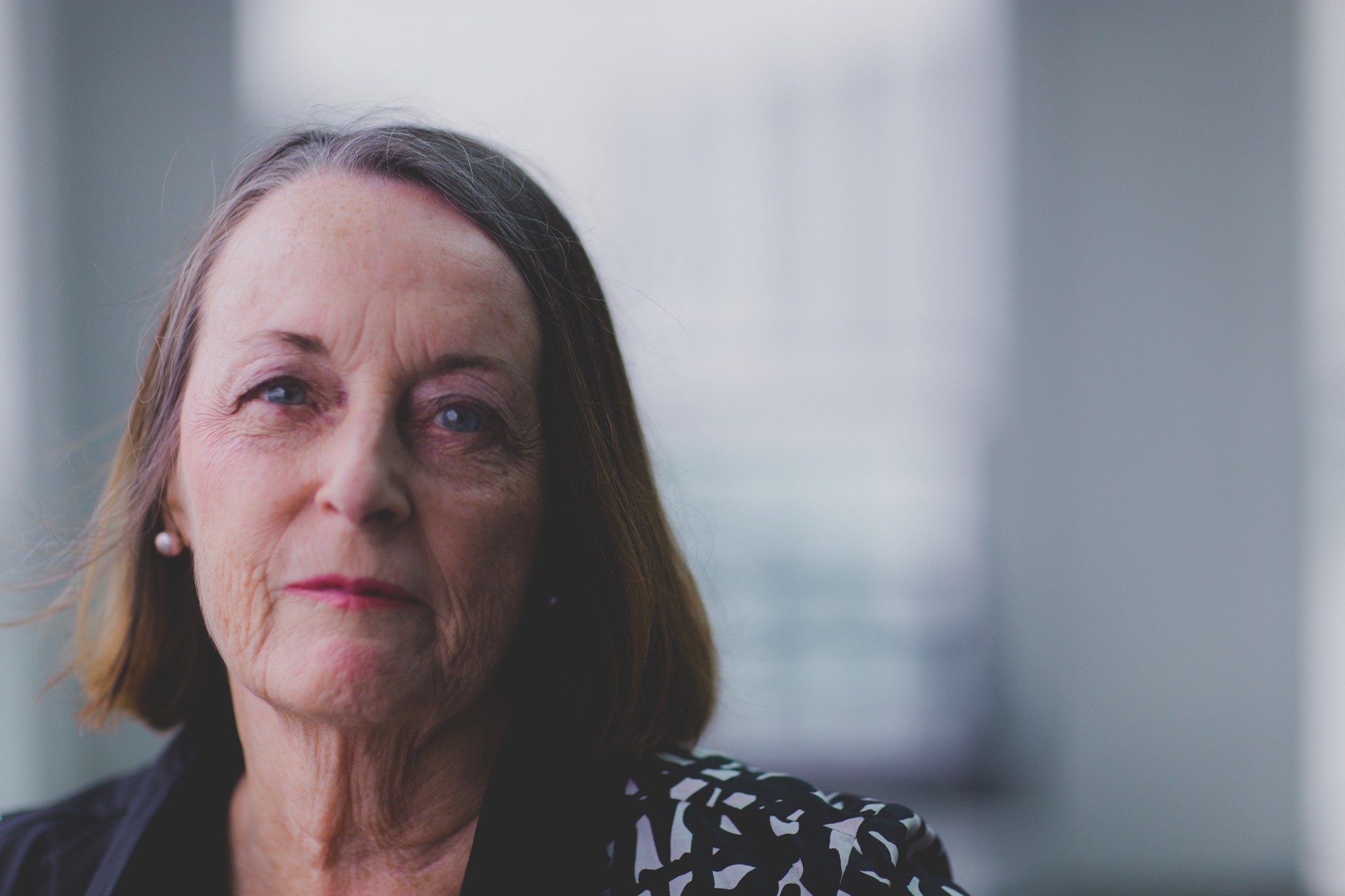Our movement is supported by an array of highly qualified and experienced individuals who bring their compassion, expertise, and deeply considered insights to the issues surrounding euthanasia and assisted suicide.
Claire Freeman
Ngapuhi tribe, disability advocate, international model, PhD student
Claire became a tetraplegic at the age of 17 after a car accident. Related trauma led her to attempt suicide six times within five years, and she was even advised by one of her medical practitioners to look into assisted suicide at an overseas clinic. When she subsequently realised that she wanted to die not because of her medical condition, but because of her mental health, she rediscovered hope and the value of life. She turned from a vocal assisted suicide advocate to one of its most outspoken critics. Today she wonders why New Zealand accepts and is willing to assist the suicides of the terminally ill, many of whom are also disabled, when we’re trying so hard to battle suicide among the well and able-bodied.
Claire’s Story
Kylee Black
Disability advocate, public speaker, not-for-profit entrepreneur
Kylee continually overcomes adversity and proves that even in the bleakest of situations there can be life and hope. Living with Ehlers-Danlos Syndrome, Kylee struggles with a connective tissue disorder which has major impacts on her joints, blood vessels and internal organs. It is degenerative, and has left her in a wheelchair. This experience continues to inspire and deepen her disability advocacy. Kylee is committed to helping people understand that when you live with a life-limiting medical condition, ‘choice’ is a relative term. As she would say, “While being heavily reliant on other people and requiring costly treatments to stay alive, having the legal option of ‘assisted dying’ doesn’t offer a choice – it creates a pressure.”
Kylee’s Story
Dr John Fox
Son, Brother, academic, Anglican parish priest, disability advocate
John lives with cerebral palsy, chronic pain and declining mobility. He knows what it feels like to have to fight for good healthcare, and has walked with many vulnerable people through dark and difficult times caused by illness. He advocates for those who struggle to see that life is worth living. As John says, “We have established, [with the End of Life Choice Act], a principle that some lives matter less than others, that there are some people whose suicide is not only condonable, but is something we’ll assist.” It is John’s desire that no one is made to feel this pressure, and that every person is truly cared for.
John’s Story
Heather and Rachel Major
Heather – Reverend, Hospital Chaplain and wife of the late Glenn Major. Rachel – student, football fanatic, daughter of Glenn Major.
Heather and Rachel are a mother-and-daughter team who shared the bittersweet experience of losing a beloved husband and father after many years of terminal illness. They both treasure the precious memories that were gifted to them during that tumultuous time. Glenn’s doctors gave him a prognosis of six months to live three times over a nine-year period. His story proves that a prognosis is not a reliable enough standard to base a request for assisted suicide or euthanasia on. If it had been legal, the End of Life Choice Act could have cost Heather and Rachel those nine profoundly important years they had with Glenn.
Glenn’s Story
Hon Dame Tariana Turia DNZM
Former Associate Minister of Health, founder of the Māori Party 2004-2014, former Labour Party MP
Honourable Dame Tariana is a former Minister for Disability Issues, former Associate Minister for Health, former Minister of Whānau Ora (among many other ministerial portfolios), and the founder and former leader of the Māori Party. Maintaining the tikanga Māori in regard to death and dying is crucial to Dame Tariana. These are matters for the family and whānau to attend to, not the State. The End of Life Choice Act invades a sacred space, treating the patient as a disconnected individual and not as a member of a whānau and a community. Dame Tariana says, “Death is not a parliamentary matter. It is a family matter. We exist in families, and we should be cared for to the end in our families. The State can and should support our families and whānau to care for us when we are disabled, when we are ill, and when we are old.”
Professor Roderick MacLeod MNZM
Palliative care physician, clinical advisor, researcher, poet
Roderick has spent 45 years of his life caring for thousands of dying people, and he says the answer to terminal illness is not found in the End of Life Choice Act. Euthanasia and assisted suicide fail to address the real problem which is not physical pain, but psychosocial suffering. Overseas people are regularly ending their lives because they feel they are a burden, they are scared of losing dignity, or they don’t want to be alone. Roderick’s career is in one of the professions most directly impacted by this legislation and he is standing with us out of great concern for what it will do to end of life carers and the people they care for.
Dr Mary English
Wellington GP, Doctors Say No Spokeswoman
More than 1,800 doctors have signed an open letter saying they ‘want no part in assisted suicide’. Mary is one of them. These doctors have the support of the World Medical Association and the New Zealand Medical Association. Doctors know the relationship with their patients will change forever as a result of the End of Life Choice Act. Even if they opt-out of being involved in the process themselves, instead of helping to find solutions for their patient, they will still have to refer to a medical practitioner who is willing to end a patient’s life. As Mary says, “We don’t kill the patient to kill the pain. Is there any other area of policy where we would rather kill the person than try harder as a Government and a society to relieve the suffering?”
Grant Illingworth, KC
Barrister-at-Law
A specialist in litigation in public law, Grant knows the reality of coercion and the difficulty in detecting it. It will be impossible to know with 100% certainty that people are making a free choice in requesting euthanasia or assisted suicide. And the Act does nothing to try and ensure thorough checks are made. As Grant says, the End of Life Choice Act “may be compelling in its rationale, but the execution of such a law would break the social contract the State has with some of our weakest and most vulnerable citizens and expose them to a dangerous new world in which manipulation and coercion could take on deadly consequences.”
Richard McLeod
Human Rights, Immigration and Refugee Lawyer, spokesperson of Lawyers for Vulnerable New Zealanders
Richard says the End of Life Choice Act was intended to cater for the confident, the capable, the committed, and the well-resourced. But instead, it puts large numbers of vulnerable New Zealanders at greater risk of being killed or assisted in their suicides as a result of neglect, coercion and other forms of abuse. Richard also heads a group of more than 200 QCs, lawyers, barristers, and legal academics that have major concerns with this Act. They have found gaping holes, woefully insufficient protections and poor accountability structures. #DefendNZ’s Top 6 Amendments will begin to address these errors.
Dr Huhana Hickey MNZM
Ngāti Tahinga, Tainui, legal academic, Human Rights Review Tribunal member, disability advocate
Huhana has primary progressive multiple sclerosis and has experienced serious depression, leading to multiple suicide attempts. After clinically dying on five occasions, she began therapy for her mental health condition and rediscovered purpose in life. She knows firsthand that the expensive cost of accessing medications can lead to acts of desperation rather than choices that are truly free and informed. These experiences have led her to be a staunch, vocal and longstanding critic of the End of Life Choice Act. As Huhana says, “I don't believe this law is safe for the disability community, for the Māori community or for anyone who has a risk factor.”
Professor Margaret Somerville
Professor of Bioethics with nine doctorates
Margaret (Margo) is an internationally recognised bioethicist and academic, with a professional background in both pharmacy and law. Over many decades, she has researched, published and spoken on euthanasia and assisted suicide laws and ethics. Her extensive work appears both in scholarly journals and in the public square in all forms of media. Her valuable insights and expertise have been essential in shaping #DefendNZ’s advocacy for vulnerable New Zealanders. As Margaret says, “I know there are individual cases that are absolutely heartbreaking, and most people who see those and are promoting euthanasia want it for the very best reasons – they don’t want it to go wild. They think it can be controlled, but it can’t be. Once you step over that line that we must not intentionally cause the death of another human being, there is no logical stopping point.”
Robert Preston
Former director of Living and Dying Well UK, former Whitehall civil servant
Robert Preston has done years of careful examination of the evidence for and against assisted suicide and euthanasia. He was the Clerk of a Select Committee commissioned to spend six months investigating euthanasia and assisted suicide laws around the world, travelling to Oregon, the Netherlands and Switzerland. Robert was present when the UK Parliament debated and rejected such laws in 2006 and 2015. After thoroughly assessing the End of Life Choice Act, Robert has concluded that the Act is unsafe. As he says, “I have heard it said by proponents of the End of Life Choice Act that it has safeguards. It doesn’t. It simply has statements of what should happen in an ideal world. But we don’t live in an ideal world.”















